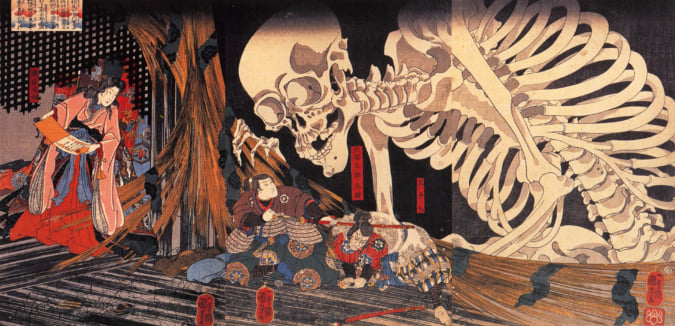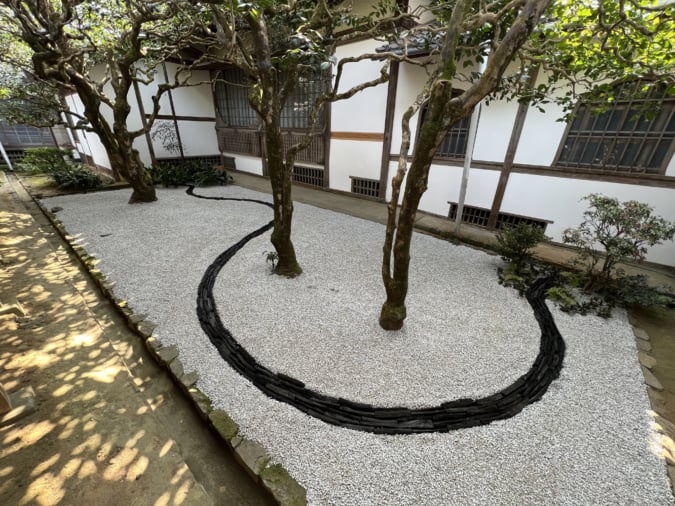‘Kikujiro’, a Journey on the Roads of Childhood
In this feature film by Takeshi Kitano, the director sets his passion for gangsters aside and explores the melancholy of youth.
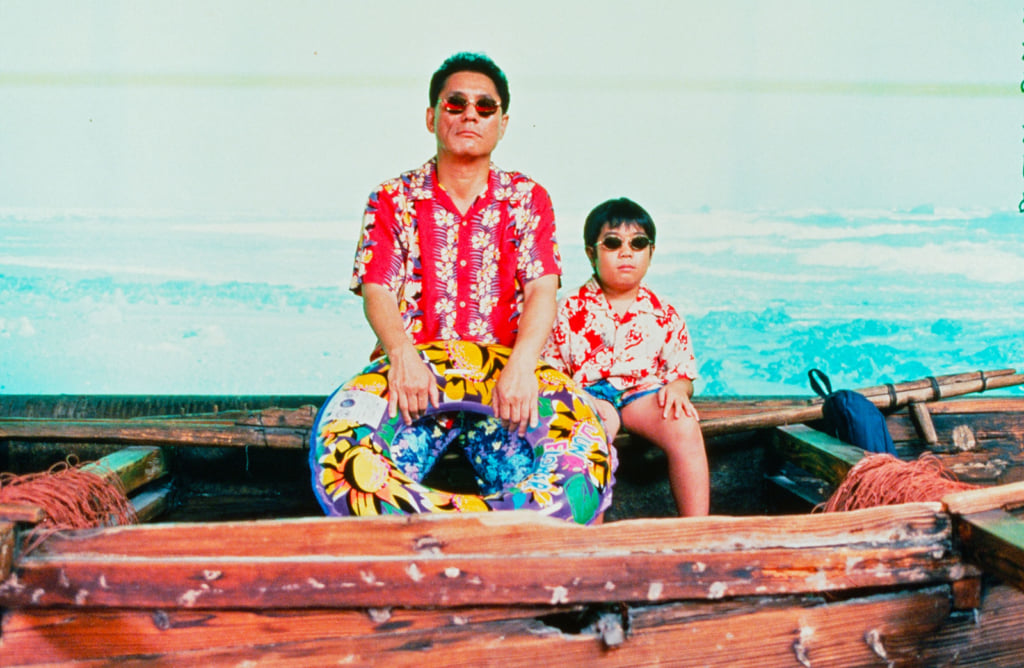
© La Rabbia
Takeshi Kitano is known for Sonatine and Hana-bi, films that exemplify the hallmarks of his cinema: an attraction to the world of the yakuza, an inclination towards stylised violence, and a sense of humour with a touch of the macabre. Kikujiro, a feature film released in 1999, takes the opposite approach, portraying the harsh nature of a lonely childhood, far from the nuclear family model that Japanese society holds so dear.
One thing remains the same, however: the filmmaker plays a dual role, with Takeshi Kitano named as the director and Beat Takeshi listed in the acting credits. He plays Kikujiro, a former yakuza member who has gone straight but is still embroiled in gambling, who accompanies a young boy, Masao, in his search for his mother. The nine-year-old child lives in Tokyo with his grandmother, his only family figure on a day-to-day basis since the death of his father and the disappearance of his mother, who is said to be ‘very busy with work.’
A story inspired by The Wizard of Oz
Thus, for just over two hours, the viewer follows the pair, not quite knowing which of the two is steering the ship in this saga inspired by The Wizard of Oz. Gambling acts as an antidote to the toughness of life with the characters disguising themselves and acting as stylistic doppelgangers and with shots filmed from the perspective of a dragonfly, to escape the haunting silence of the absent. It all unfolds against a score composed by Joe Hisaishi, a famous film composer whose other work includes original soundtracks for Hayao Miyazaki.
Kikujiro (1999), a film directed by and starring Takeshi Kitano, has been released on DVD and is available on La Rabbia.
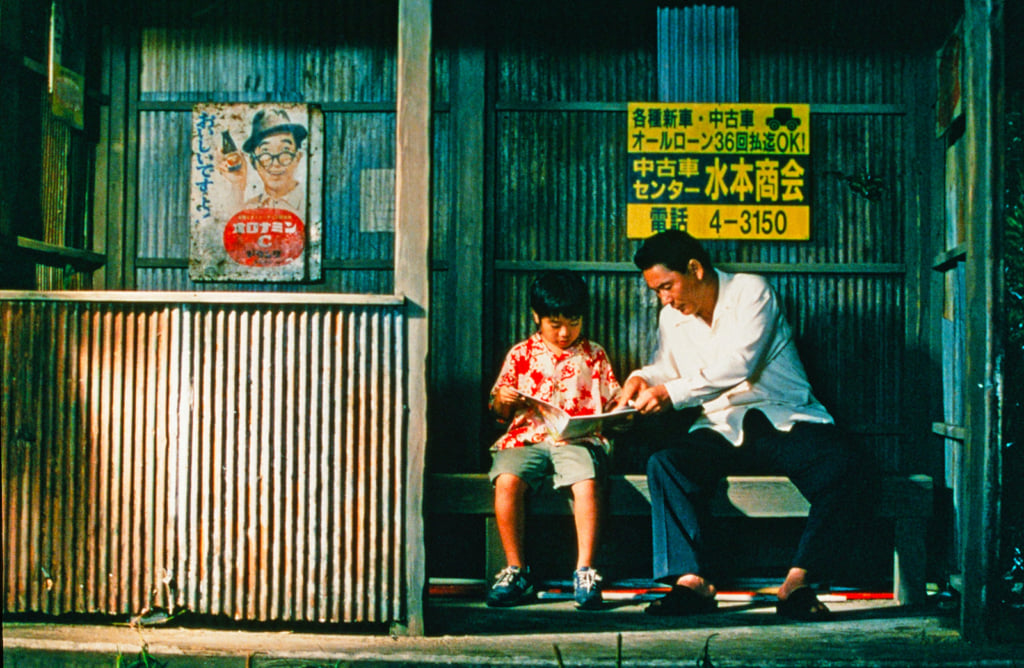
© La Rabbia
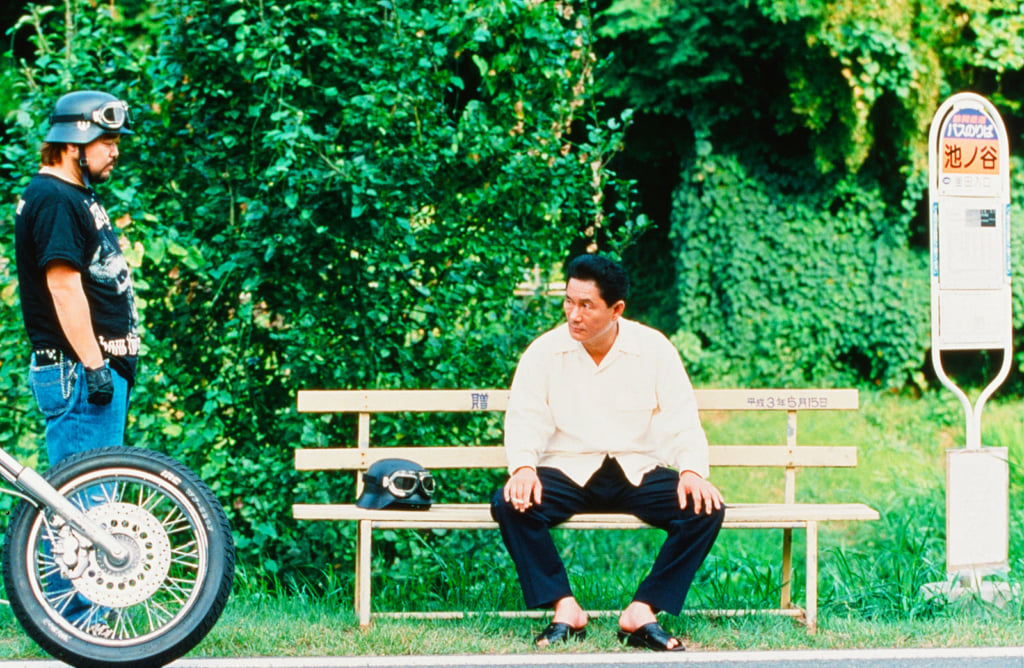
© La Rabbia
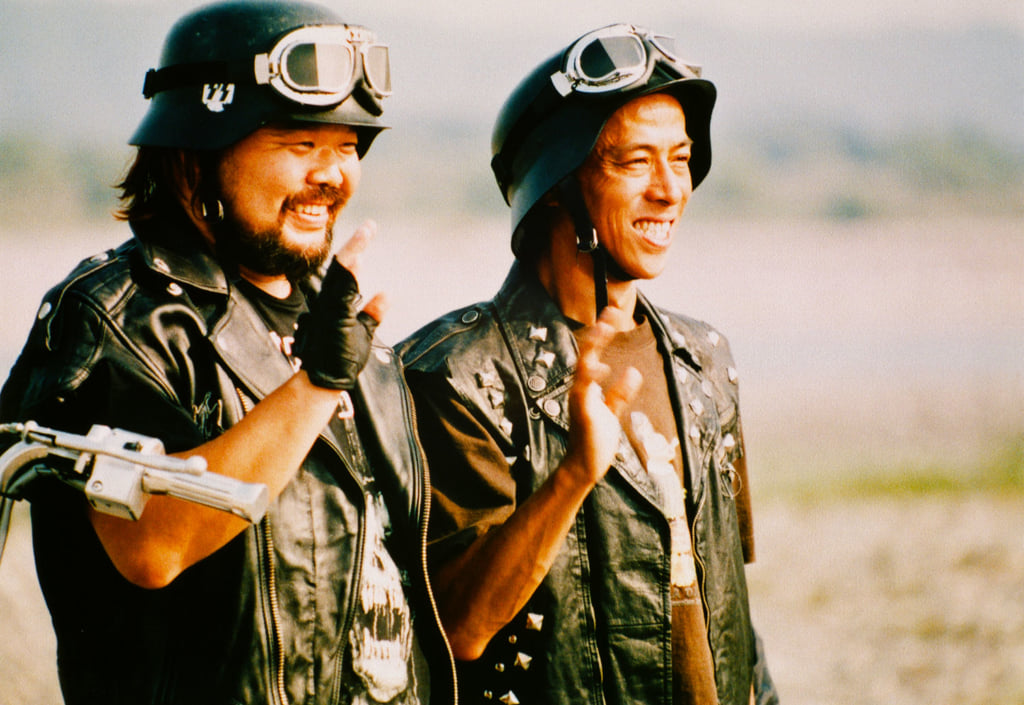
© La Rabbia
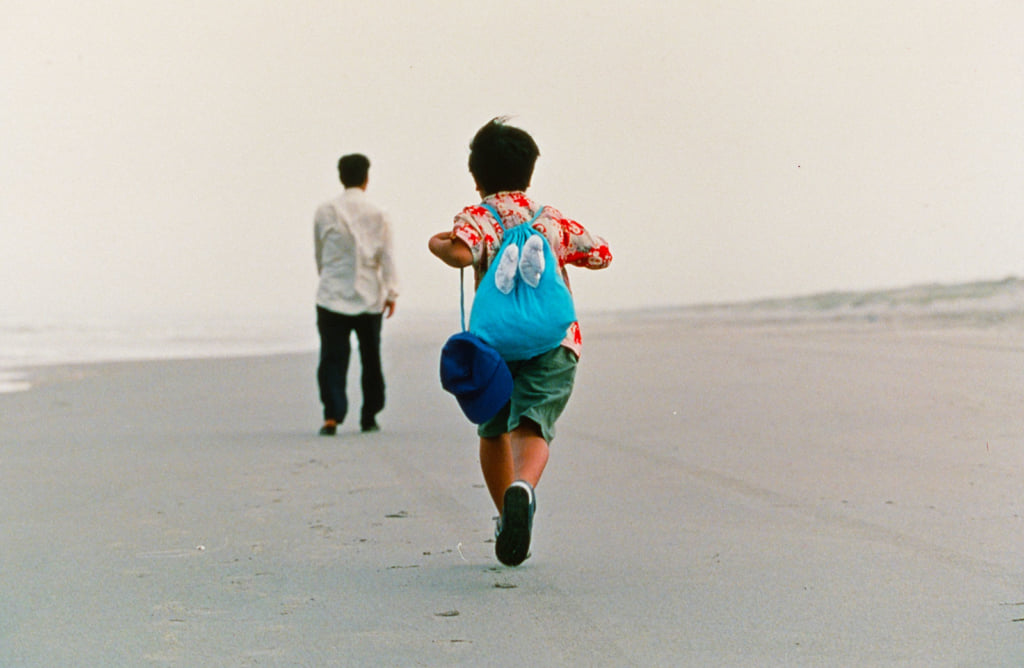
© La Rabbia
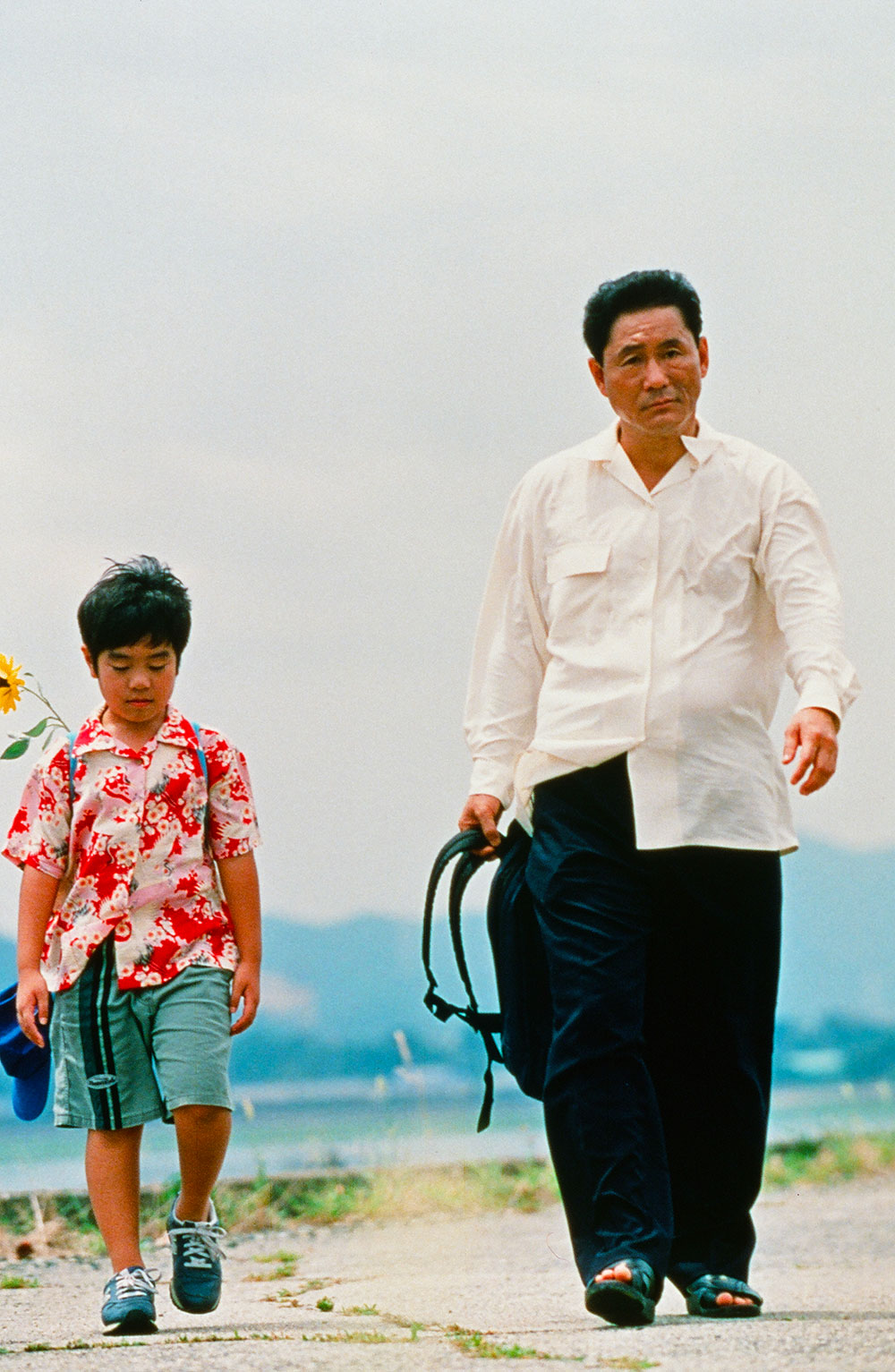
© La Rabbia
TRENDING
-
The Tradition of the Black Eggs of Mount Hakone
In the volcanic valley of Owakudani, curious looking black eggs with beneficial properties are cooked in the sulphurous waters.

-
The Tattoos that Marked the Criminals of the Edo Period
Traditional tattoos were strong signifiers; murderers had head tattoos, while theft might result in an arm tattoo.

-
Gashadokuro, the Legend of the Starving Skeleton
This mythical creature, with a thirst for blood and revenge, has been a fearsome presence in Japanese popular culture for centuries.

-
A Rare Japanese Garden Hidden Within Honen-in Temple in Kyoto
Visible only twice a year, ‘Empty River’, designed by landscape architect Marc Peter Keane, evokes the carbon cycle.

-
‘YUGEN’ at Art Fair Tokyo: Illumination through Obscurity
In this exhibition curated by Tara Londi, eight international artists gave their rendition of the fundamental Japanese aesthetic concept.



